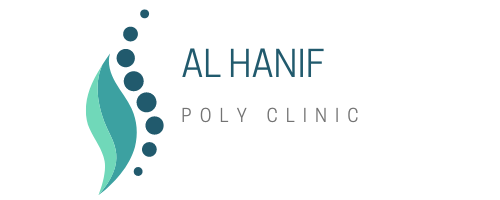
Physical activity is essential for maintaining overall health and well-being, and this holds true for individuals with disabilities as well. Despite the challenges they may face, engaging in regular physical activity can offer a wide range of physical, emotional, and social benefits. In this article, we will explore the importance of physical activity for individuals with disabilities and how it can improve their quality of life.
- Improved Physical Health
Physical activity can have a positive impact on the physical health of individuals with disabilities. Regular exercise helps improve muscle strength, flexibility, and cardiovascular fitness. This, in turn, can reduce the risk of common health issues associated with a sedentary lifestyle, such as obesity, heart disease, and type 2 diabetes.
For individuals with mobility impairments, adaptive physical activities, such as wheelchair sports or aquatic therapy, can help maintain and improve physical fitness. Strength and endurance training, tailored to an individual’s abilities, can promote independence in daily living and enhance overall health.
- Enhanced Mental Well-Being
Physical activity is not just about the body; it also has a profound effect on mental health. Studies have shown that engaging in regular physical activity can reduce symptoms of depression, anxiety, and stress. This is especially important for individuals with disabilities who may face additional challenges in their daily lives.
Physical activity releases endorphins, which are natural mood lifters, and can lead to a more positive outlook on life. Additionally, the sense of accomplishment that comes from achieving physical goals can boost self-esteem and self-confidence.
- Social Interaction
Participating in physical activities can provide individuals with disabilities with valuable opportunities for social interaction. Joining a sports team, taking part in group exercise classes, or attending adaptive sports events can foster a sense of belonging and connection with others who share similar interests.
Social interaction is not only enjoyable but also crucial for emotional well-being. Building relationships and a support network can help individuals with disabilities combat feelings of isolation and loneliness.
- Improved Quality of Life
By combining physical health improvements, enhanced mental well-being, and increased social interaction, regular physical activity contributes to an overall better quality of life for individuals with disabilities. It can lead to increased independence, greater self-sufficiency, and a more positive outlook on life.
Physical activity allows individuals with disabilities to set and achieve personal goals, which can be a powerful motivator. Achieving milestones in physical fitness can instill a sense of purpose and pride, helping them navigate the challenges they may face.
- Accessible Opportunities
It’s important to note that many communities and organizations now offer accessible and adaptive physical activities for individuals with disabilities. From inclusive gyms to wheelchair-friendly trails and adaptive sports programs, there are more opportunities than ever to engage in physical activity.
These opportunities are designed to cater to different levels of ability and accommodate various disabilities, making it possible for almost anyone to find a suitable activity to enjoy and benefit from.
Conclusion
Physical activity is a vital component of a healthy lifestyle for individuals with disabilities. It offers a multitude of advantages, including improved physical health, enhanced mental well-being, increased social interaction, and an overall better quality of life. Accessible and adaptive opportunities for physical activity continue to grow, ensuring that everyone, regardless of their abilities, can reap the rewards of an active and fulfilling life. So, whether it’s through adaptive sports, group fitness classes, or simply daily walks, individuals with disabilities should be encouraged to embrace the benefits of physical activity in their lives.

Vytvorit osobn’y úcet
Thanks for sharing. I read many of your blog posts, cool, your blog is very good.
binance
Thanks for sharing. I read many of your blog posts, cool, your blog is very good.
Sign Up
Your enticle helped me a lot, is there any more related content? Thanks! https://www.binance.info/fr/register-person?ref=GJY4VW8W
https://Z42Mi.Mssg.me/
WOW just what I was looking for. Came here by searching for Dibella https://Z42Mi.Mssg.me/
Anonymous
I don’t think the title of your article matches the content lol. Just kidding, mainly because I had some doubts after reading the article. https://accounts.binance.info/en-IN/register-person?ref=UM6SMJM3